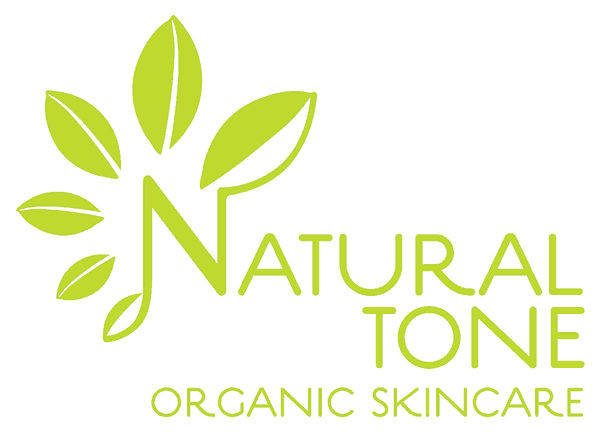Skiing vacations offer breathtaking scenery and crisp mountain air, but they also present unique challenges for your skin.
The combination of high-altitude sun exposure, cold temperatures, and reflective snow means your skin requires tailored care to stay healthy and protected. Here's how to prepare and safeguard your skin for a trip to the slopes.

These conditions make proper skincare—especially sun protection—essential. Neglecting it can lead to burns, premature ageing, and irritation, even on overcast days when UV rays penetrate clouds.
Broad-Spectrum Sunscreen
Apply a sunscreen with broad-spectrum UVA/UVB protection to exposed skin. Choose a high SPF, such as SPF 15 or SPF 30, to shield against intense sun exposure. Reapply regularly as per the instructions, especially if you’re sweating or wiping your face during activity.
Moisturizers
Cold, dry air at ski resorts can strip moisture from your skin, leaving it dry and cracked. Use a good hydrating moisturiser with natural oils like those found in Natural Tone Rosehip Aloe. Coconut oil and olive fruit oil deeply nourish, while grape seed oil helps lock in moisture and protect your skin’s barrier.
Wear Protective Gear
Goggles, helmets, and neck gaiters shield parts of your face from the elements, but don’t rely solely on these. Ensure all exposed areas, including your nose and cheeks, are well-covered with sunscreen and moisturizer.

Use an SPF Lip Balm
Choose a lip balm with SPF 15 to protect against UV rays. Reapply frequently, especially after eating or drinking.
Hydration and Repair
Opt for a lip balm that contains natural ingredients such as beeswax or shea butter to lock in moisture and repair any damage. For added protection, apply it before stepping outside and keep it with you on the slopes.
The primary difference between the sun exposure on a skiing vacation and a winter sun pool vacation lies in reflectivity and altitude. While poolside UV exposure mainly comes from direct sunlight, skiing involves both direct and reflected rays. This dual exposure increases your overall risk of damage.
Additionally, the cold, dry air of ski resorts exacerbates moisture loss from the skin, while the humidity of most winter sun destinations helps retain hydration. These differences require specific products and routines to maintain skin health.
A skiing holiday demands a proactive skincare approach to combat UV exposure, cold air, and moisture loss. By preparing your skin with hydrating products and high-SPF protection, you can enjoy the slopes while keeping your skin healthy and radiant.
Also read: Unleash the power of Aloe Vera

Comments will be approved before showing up.
